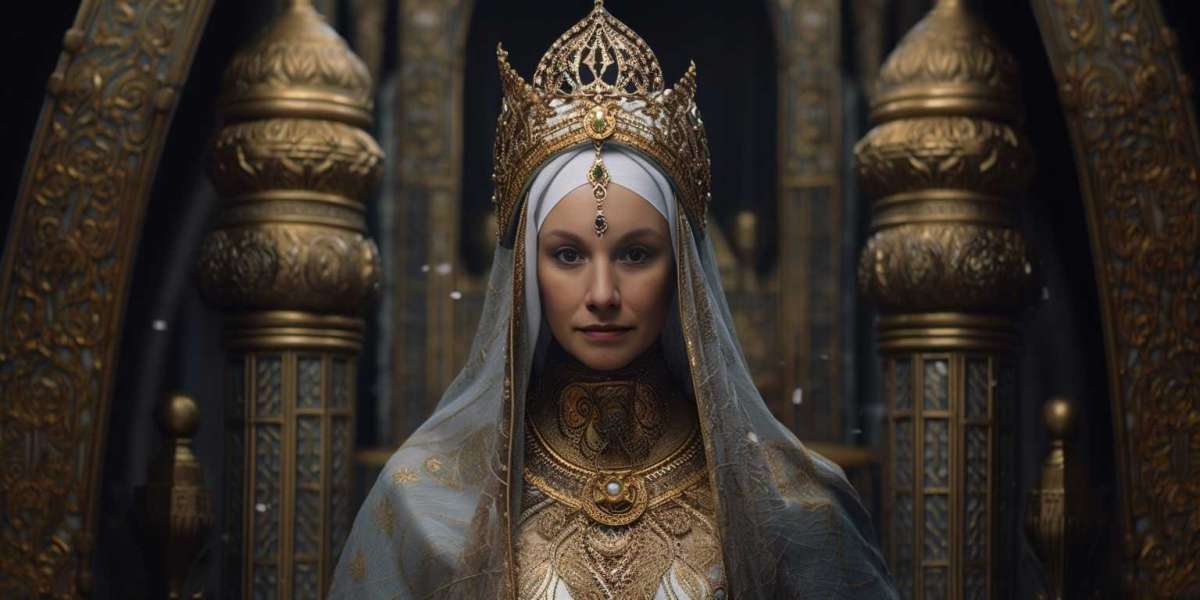It's world hijab day! I will be honest I almost missed it, and it got me thinking that we live in a world where women feel a need to create a day for awareness, for well just being us! This is a perfect moment to reflect on the layers of strength, choice, and empowerment behind the hijab. It’s more than just a piece of fabric; it’s a statement, a part of identity, and for many, a symbol of empowerment. I want to explore why it’s crucial for women to not only feel empowered but to be recognized for their empowerment, especially in the context of the choices they make, like wearing the hijab.
Far from the one-dimensional stories we often hear, Muslim women in history are all about the strength, diversity, and downright awesomeness of Muslim women through the ages. History offers us inspiring tales of Muslim women who were not just participants in their societies but often their leaders.
- Fatima al-Fihri: Founded the world's oldest continuously operating university, Al Qarawiyyin in Fez, Morocco, showcasing the importance of education in Islamic culture.
- Sutayta al-Mahamili: A renowned mathematician and scholar in Baghdad, her expertise in mathematics and fiqh (Islamic jurisprudence) contributed significantly to Islamic academic heritage.
- Melike Mama Hatun: A powerful and influential Seljuk princess of Anatolia, known for her patronage of architecture, politics, and arts during the 12th century.
- Labana of Cordoba: Demonstrated intellectual prowess in the Andalusian Umayyad Caliphate, recognized for her contributions to literature and the sciences. Razia (or Raziyya)
- Sultana of Delhi: The first and only female monarch of the Delhi Sultanate, Razia challenged norms and led with distinction in a male-dominated era.
The list goes on and on! It's critical to distinguish between cultural practices and Islamic teachings. While certain cultural practices may restrict women's rights, these are not reflective of the religion itself, which, from its inception, granted women rights to inheritance, education, and divorce, among others. This differentiation is key to understanding the true position of women in Islam.
Today, Muslim women across the globe are breaking stereotypes and making waves in politics, science, arts, and technology. They are CEOs, Nobel laureates, activists, and more, proving that their contributions to society are invaluable. Their achievements are not despite their faith but often because of the empowerment their faith provides.
A crucial conversation in appreciating the contributions of Muslim women, especially those in the business world, involves seeing beyond the hijab. This piece of cloth, often a symbol of faith, can unfortunately become a barrier due to subconscious biases in the professional space. Muslim female entrepreneurs face unique challenges, from networking to securing funding, necessitating a deeper understanding and appreciation of their capabilities and achievements beyond their appearance.
So, what's the takeaway? Muslim women have been, and continue to be, awesome. Their stories are about empowerment, resilience, and smashing through ceilings (glass or otherwise). Let’s celebrate that diversity and richness, and maybe next time, look a little deeper than the surface.
Sara x
You can find me on Facebook here!








